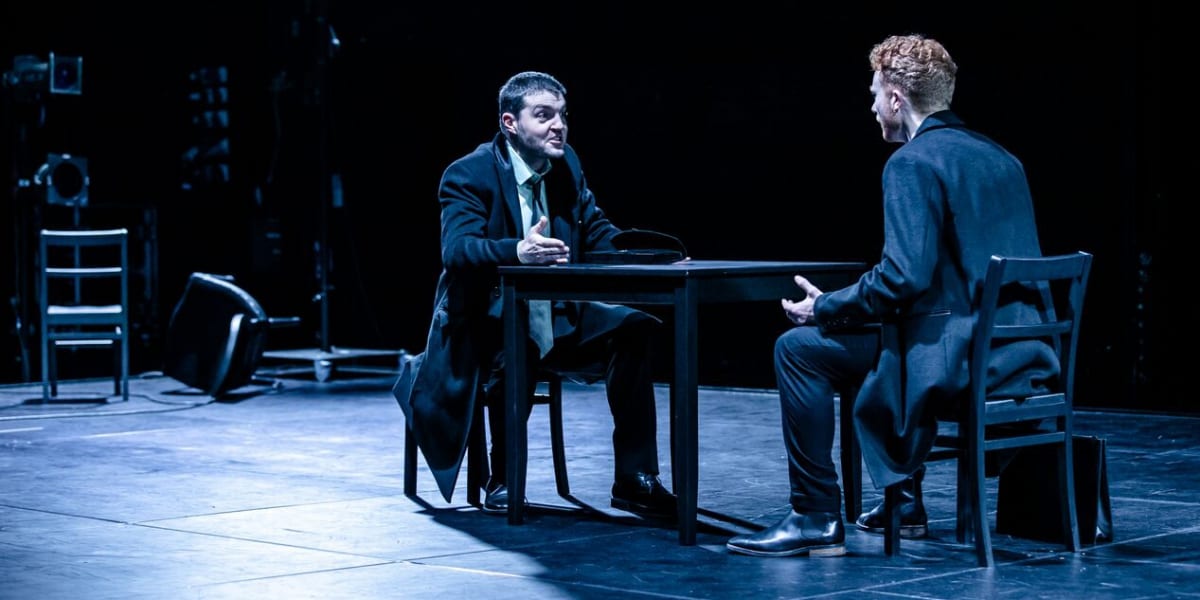Despite having a strong ensemble cast, the ARA Theatre Company’s production of Friedrich Schiller’s Don Carlos ultimately falls victim to a directorial concept that makes this play opaque and, in places, incomprehensible.
According to the programme notes, director Gadi Roll believes that ‘the things Schiller had to say in Don Carlos still need to be heard’. These include the clash between the autocratic rule and the Enlightenment ideals of personal freedom and rationality. For, although the play is set in the 16th-century Spanish court of Philip II, the issues are those facing 18th Century Europe – France was just two years away from Revolution when the story was first published.
But from the first moments, it becomes clear that the production faces major obstacles in realising this aim. The production design eschews period effects to allow the production to hover in an atemporal setting. The theatre is stripped back to bare walls and lighting is low, rendering the auditorium dark and cavernous. Mobile lights are repositioned around the stage between scenes – bringing to mind interrogation lights. The cast is dressed in modern, dark clothing – disconcertingly, often in the very types of overcoat for which Tom Burke has become known in the TV series Strike. These decisions have a homogenising effect on the spaces and the characters; they work against the creation of the ‘nuanced’ characters the programme notes suggest can be found in the play, and they rob the characters and interactions of much of their connotational power.
But it is the decision to also eschew realistic acting that creates a more significant issue. The actors adopt a series of stylised poses – often rooted to the spot for considerable periods – and the dialogue is rattled out at a ferocious pace – at times to the point of unintelligibility. Whilst this staging is in keeping with the company’s goal of creating ‘work that combines emotional complexity and stylised staging’ with the aim of differentiating theatre from the ‘naturalism of television and film’, the result here is garbled and incoherent. It is only when Burke appears as The Grand Inquisitor (a few moments from the end) that we get a sense of how powerful this play could have been – his character here (he plays the Marquis of Posa for much of the production) comes freighted with our knowledge of the autocratic cruelty of the Spanish Inquisition and is much more powerful as a result.
In summary, Ara Productions should be congratulated for staging the play, and there are moments that hint at better things to come from this company in the future. But for the reasons laid out, this production fails to stir the emotions, to inform or to entertain.

